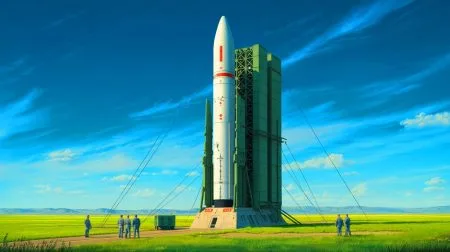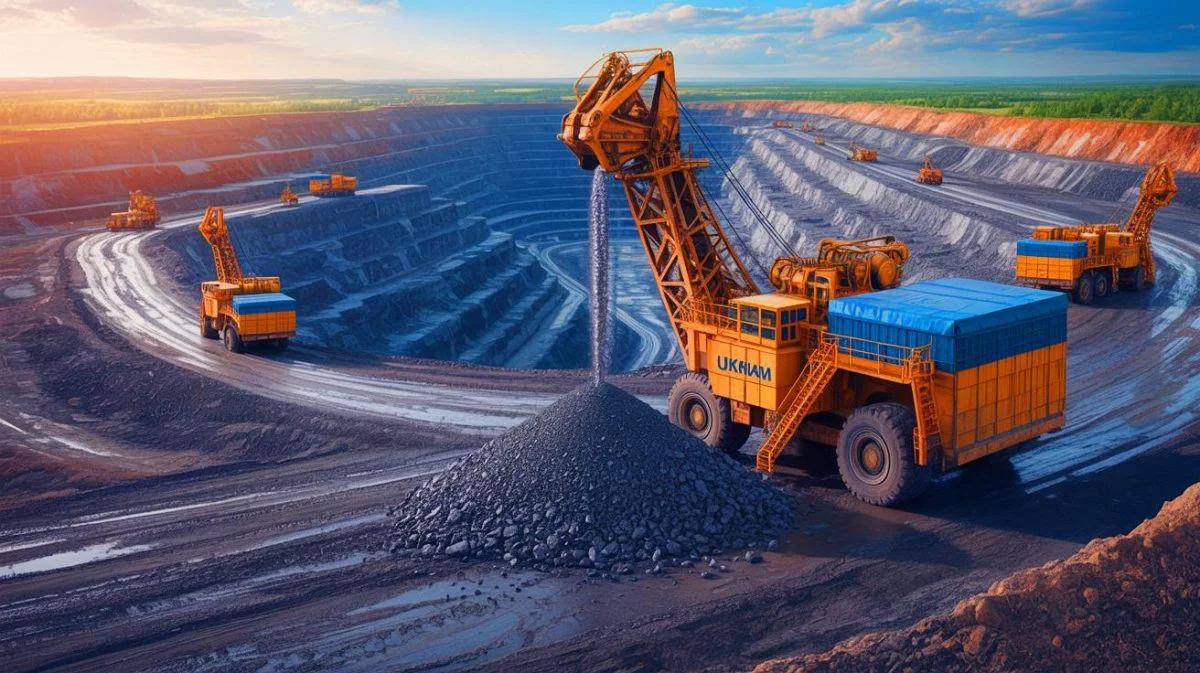| IN A NUTSHELL |
|
The recent takeover of a lithium-rich area by Russian forces near Shevchenko, in Ukraine’s Donetsk region, has drawn global attention. This strategic move highlights the increasing significance of natural resources in international conflicts. The site, covering roughly 247 acres, contains one of Europe’s largest lithium reserves. As global demand for lithium rises, driven by efforts towards decarbonization and technological growth, control over such resources becomes increasingly valuable. This piece examines the implications of Russia’s control over this resource-rich area and its impact on global mineral security and geopolitical dynamics.
Understanding the Significance of Shevchenko’s Lithium Reserves
The Shevchenko deposit is located about six miles from Velyka Novosilka, a town captured by Russian forces earlier this year. While the town itself holds limited tactical importance, the subsurface resources in this region are of immense strategic value. Often referred to as “white gold,” lithium is a critical element in the production of electric vehicle batteries, aerospace materials, energy storage systems, and electronics. As global decarbonization efforts intensify, the demand for lithium is skyrocketing, making it a highly sought-after resource.
In 2022, lithium prices soared to over $80,000 per metric ton, underscoring its high demand and value. Although prices have recently decreased to about $8,500 per ton in China as of June 2025, lithium remains commercially and strategically significant. By occupying the Shevchenko site, Russia not only secures a valuable resource but also consolidates its control over Ukraine’s natural assets. This situation represents a broader pattern of targeting critical resources, potentially hindering Ukraine’s post-war recovery and future international investments.
Impact on Ukraine’s Economic Prospects
Prior to the invasion, the Shevchenko area had attracted significant foreign interest for development as Ukrainian state agencies sought to reduce reliance on imported raw materials. However, Russia’s seizure of this site disrupts these plans, presenting a formidable challenge to Ukraine’s economic future. Analysts believe this move is part of a larger Russian strategy to dominate resource corridors, thereby hindering Ukraine’s access to domestic revenue streams.
With critical mineral extraction sites now under Russian control, Ukraine faces new obstacles in rebuilding its industrial base. This is particularly concerning as international support for reconstruction frameworks continues to grow. The occupation not only impacts Ukraine’s immediate economic recovery but also raises concerns about its long-term industrial stability and ability to attract foreign investments.
A Significant Challenge for the US and Allies
In May, the United States and Ukraine formalized an agreement to create the Investment Fund for Reconstruction and Critical Mineral Partnership. This initiative, a 50/50 joint endeavor between Washington and Kyiv, aims to direct investments into mining, oil, gas, infrastructure, and processing projects within Ukraine. The Shevchenko lithium deposit was identified as a potential development site under this framework.
However, with Russia now controlling this area, the feasibility of these plans is in doubt. The seizure challenges US and European efforts to establish resilient, non-Chinese supply chains for battery-grade lithium and other crucial minerals. As global competition intensifies, the strategic importance of mineral security becomes paramount for NATO and EU member states. Critical minerals like lithium, cobalt, and rare earth elements are essential to energy transitions, defense manufacturing, and economic stability, making them a focal point in international policy and security discussions.
Geopolitical and Economic Implications
By expanding its presence in Donetsk and gaining control over the Shevchenko lithium site, Russia enhances its ability to influence regional resource flows and broader geopolitical dynamics. This move highlights the increasing role of mineral deposits in global markets and modern hybrid warfare, where economic assets are as fiercely contested as territorial boundaries. The occupation of such critical mineral sites underscores the complex interplay between resource control and geopolitical strategy, revealing how nations leverage natural assets to bolster their global standing.
The strategic importance of the Shevchenko site and similar reserves cannot be overstated. As nations grapple with the challenges of energy transition and supply chain security, the control of critical minerals will likely shape future diplomatic and economic landscapes. As the world observes these developments, the pressing question remains: How will the international community respond to the growing threat of resource-driven conflicts?
Did you like it? 4.4/5 (30)






Est-ce que ça veut dire que les voitures électriques vont devenir plus chères ? 🤔
La Russie semble jouer une partie d’échecs géopolitique à chaque mouvement qu’elle fait. Fascinant !
Comment l’Ukraine peut-elle récupérer ce site stratégique ? 😟
Interessant article, merci pour les infos!
Je me demande si d’autres pays interviendront pour aider l’Ukraine…
Et dire que le lithium est juste du sel sur les roches… quelle ironie!
Pourquoi l’Ukraine n’a-t-elle pas sécurisé ce site plus tôt ?
La situation semble désespérée pour l’Ukraine. Quelqu’un a une idée ?
Les enjeux économiques sont énormes. Ça pourrait changer le jeu pour les deux pays.
J’ai toujours dit que le lithium était le nouvel or noir. 🙂